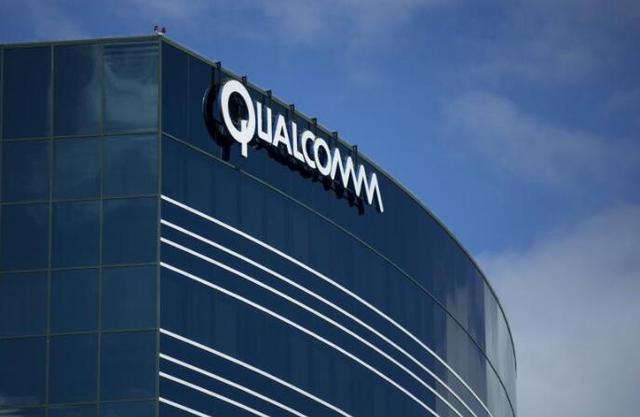[Global Science and Technology Comprehensive Report] According to the report of the US computer weekly magazine “eWeek†on July 25th, the legal struggle between Qualcomm and Apple’s technology used on the iPhone continues to escalate. At present, Qualcomm formally responds to the Computer and Communication Industry Association (CCIA) in a court document, claiming that the organization intended to mislead the US International Trade Commission (ITC).

Data map
Earlier, Qualcomm filed a request to ITC to ban Apple from importing mobile phones using Intel baseband processors. Qualcomm believes that these mobile phones infringe their own technology patents, and this has caused Intel and the computer and communications industry association CCIA anger. CCIA's member companies include Google, Facebook, Amazon, Microsoft, Intel and Samsung. They submitted letters to ITC last week to support Apple. They believe that the iPhone ban proposed by Qualcomm will harm the interests of consumers.
Modems enable smart phones, tablets, and other mobile devices to connect to wireless networks. Apple’s mobile phones have been equipped with Qualcomm modem chips for years, but Intel's modems were used in some versions of the iPhone 7 that were introduced last year, and other versions still use Qualcomm technology. In a document submitted to ITC, Intel pointed out that Intel is Qualcomm's only high-end modem contender in the commercial market. Qualcomm's real cause of litigation is not Apple's patent infringement, but rather to avoid having its only competitors compete legally.
Intel also stated that Qualcomm has been using these strategies to eliminate initial and potential competitors. Qualcomm’s infringement proceedings against Apple are only the latest in its competitive strategy. The CCIA asked ITC to withdraw Qualcomm’s iPhone ban and stated that if the approval of this anti-competitive requirement would inhibit market competition, prices would damage consumer interests.
Ed Black, president and chief executive officer of CCIA, said that if ITC approves Qualcomm's request, it will help Qualcomm use its monopoly position to further suppress Apple, and consumer electronics equipment prices will also rise further. This is the price of the iPhone and other smart phones. More importantly, the principle of open competition is important to the U.S. economy.
Recently, Qualcomm officially responded to CCIA in a court document, saying that the organization intended to mislead ITC. In addition, Qualcomm stated that its request for the iPhone's import ban has nothing to do with Intel's competition. Qualcomm's import ban is not aimed at Intel chips, but patented technology used in Intel's iPhone. This import ban will not affect long-term competition.
Qualcomm said: "Apple can purchase and use any LTE modem as long as it does not infringe Qualcomm's patents."
Qualcomm's unique two-part business model is the key issue: one aspect is that the company sells its various chips to equipment manufacturers to make huge profits, and the other is to charge technology licensing fees. This business model has made Qualcomm suffer from many antitrust investigations. In 2014, Qualcomm announced that it had agreed to pay a fine of 975 million U.S. dollars and changed its licensing policy in China in order to get rid of the Chinese antitrust investigation.
Apple said that the value of intellectual property is very high, but it should not pay for technological breakthroughs that are not related to it. The more innovations Apple has, the more fees Qualcomm will charge. Apple said: "We have been willing to pay for a fair price for the technology our products use, and they refuse to negotiate reasonable terms, so we ask the court for help."
Currently, ITC is seeking advice on Qualcomm’s ban on iPhone imports. It is expected that investigations will begin in August and will be conducted next year. (Internship Compilation: Wang Tian reviewer: Li Zongze)
MiFi stands for Mobile WiFi. A MiFi works in the same way as a WiFi router, with the difference that you can set up a wireless personal area network and get online where ever you are on the globe. 4G-LTE routers belong to the fourth generation routers that use the "long-Term Evolution Technology" (LTE). This LTE technology is the successor of 3G technologies such as UMTS, HSDPA and HSUPA. The latest generation 4 g LTE MiFi routers are very compact and stylish.
LTE Router with powerbank, 4G Router, TDD Router, 4g wifi hotspot router, 4G MIFI
Shenhzhen Tongheng Weichuang Technology Co., Ltd , https://www.thwclte.com